If a real estate investor sells property for more than what the investor paid for it, and then invests the sale proceeds in a new property, the investor incurs liability for capital gains tax on the profit. However, the investor can avoid the tax liability by taking advantage of an important provision in tax law. With the help of a property exchange expert like WealthBuilder 1031 Exchange Company, the investor can accomplish a “Section 1031 tax-deferred exchange.”
Section 1031 is the Internal Revenue Code provision that permits qualifying business people and investors to defer their taxes when disposing of certain property, and then acquiring new property that is “like kind.” Like kind refers to the basic nature of the property, which essentially means that real property can be exchanged for real property.
The theory behind this law is that when an investor disposes of investment property, only to roll the profit into a replacement, the investor’s economic position hasn’t really changed. The investor hasn’t converted the investment to cash, but only transferred that investment to another property of the same nature. Deferring capital gains liability enables the investor to build wealth. It prevents the dissipation of capital and promotes its further investment.
The property involved must be held for business or investment purposes, and not primarily for sale. This excludes, for example, a house built by a contractor or a dealer in real estate who intends to sell it as inventory. A local property exchange expert can guide you through the requirements of properly structuring your transaction.
The 1031 exchange provisions allow the investor to defer paying taxes on the gain until the investor ultimately disposes of the investment without exchanging it for another like-kind property. At that time, the original deferred gain and any other gains realized later on replacement property will be subject to tax.
An investor who wishes to do a 1031 Tax-Deferred Exchange must (i) locate and identify the new like-kind property within 45 days after the day the investor relinquishes the earlier investment, and (ii) take title to the new property within the earlier of 180 days or the due date of the investor’s tax return for the year in which the relinquishment occurred.
The investor will be subject to current tax to the extent the investor receives property that is not like-kind, such as cash, or to the extent the loans on the property acquired are less than those on the property transferred.
Practically speaking, the use of a qualified intermediary is required to facilitate a 1031 Tax-Deferred Exchange. All of these technical requirements can be professionally overseen by an experienced property exchange expert such as WealthBuilder 1031 Exchange Company, LLC. If you are ready to get started on your 1031 exchange,call us today at 888-508-1901 to get started.

